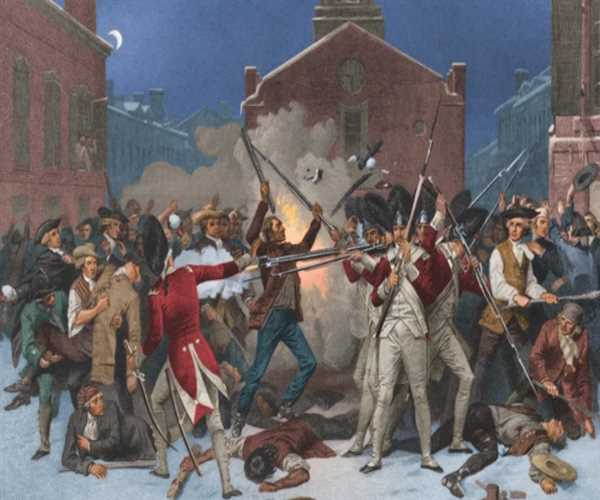The American Revolution, also known as the American War of Independence, was an insurgency fought between 1775 and 1783 in which 13 of Great Britain's North American colonies rebelled against British rule in order to establish the sovereign United States of America, which was founded with the Declaration of Independence in 1776. After a long period of salutary neglect, British attempts to assert greater control over colonial affairs, including the imposition of unpopular taxes, had contributed to growing estrangement between the crown and a large and influential segment of colonists, who eventually saw the armed rebellion as their only option.
The American Revolution was primarily fueled by colonial opposition to British attempts to enforce greater authority over the colonies and force them to reimburse the crown for defending them during the French and Indian War. Britain accomplished this primarily through the imposition of a series of deeply unpopular laws and taxes, such as the Sugar Act (1764), the Stamp Act (1765), and the so-called Intolerable Acts.
The American Revolution was a time when the thirteen American colonies broke away from the British Empire and became independent nation. The colonists had many grievances against the British government, chief among them being the denial of certain rights and freedoms that they felt were their due as English citizens.

The Stamp Act of 1765 was one of the first major events that led to the Revolution. The Act required that all legal documents, newspapers, and pamphlets in the colonies be printed on stamped paper produced in London, bearing an embossed revenue stamp. The colonists vehemently protested the Act, arguing that it was a direct tax on them and that they should not be taxed without their consent. The Stamp Act was eventually repealed, but not before it had sown the seeds of discontent among the colonists.
The Townshend Acts of 1767 placed taxes on glass, lead, paint, paper, and tea imported into the colonies. These taxes were resented by the colonists, who saw them as another example of taxation without representation. In 1770, tensions between the colonists and the British soldiers stationed in Boston boiled over into the Boston Massacre, in which five colonists were killed.
The Boston Tea Party of 1773 was a direct response to the Tea Act, which lowered the price of tea in an attempt to help the struggling East India Company. The colonists, however, saw this as yet another example of the British government's attempts to tax them without their consent. In response, they dumped hundreds of crates of tea into Boston Harbor.
The Intolerable Acts of 1774 were a series of laws passed by the British Parliament in response to the Boston Tea Party. The Acts closed Boston Harbor to shipping, suspended the colony's legislature, and placed Massachusetts under the direct control of the British government. The colonists saw the Intolerable Acts as an egregious violation of their rights, and they began to prepare for war.
In April 1775, the first shots of the American Revolution were fired at the Battle of Lexington and Concord. The war would rage on for six more years, with the colonists eventually winning their independence. The American Revolution was a watershed moment in the history of the world, and its effects are still felt today.